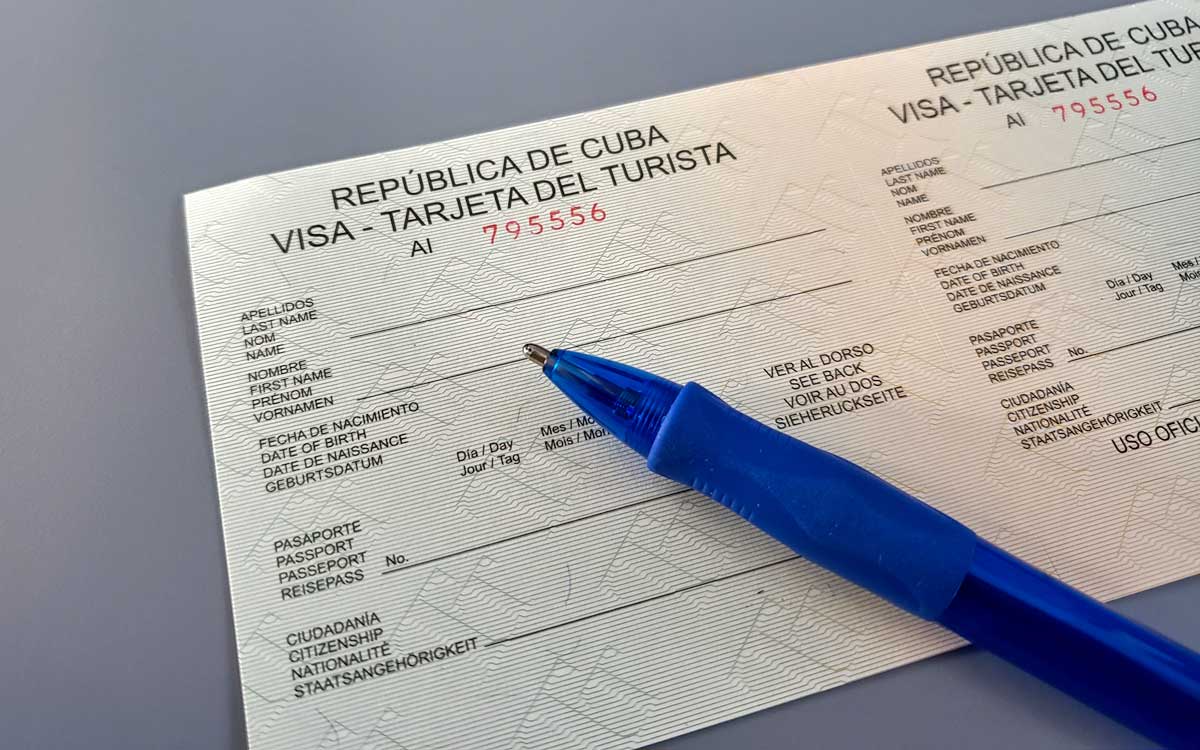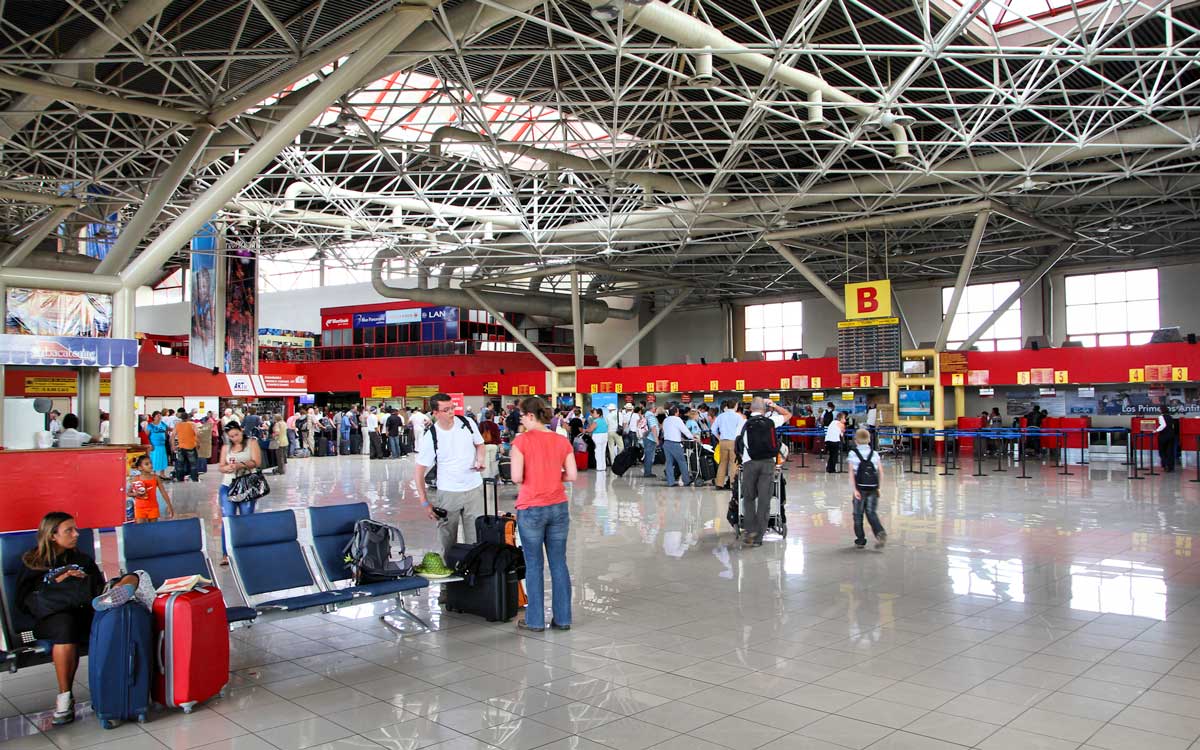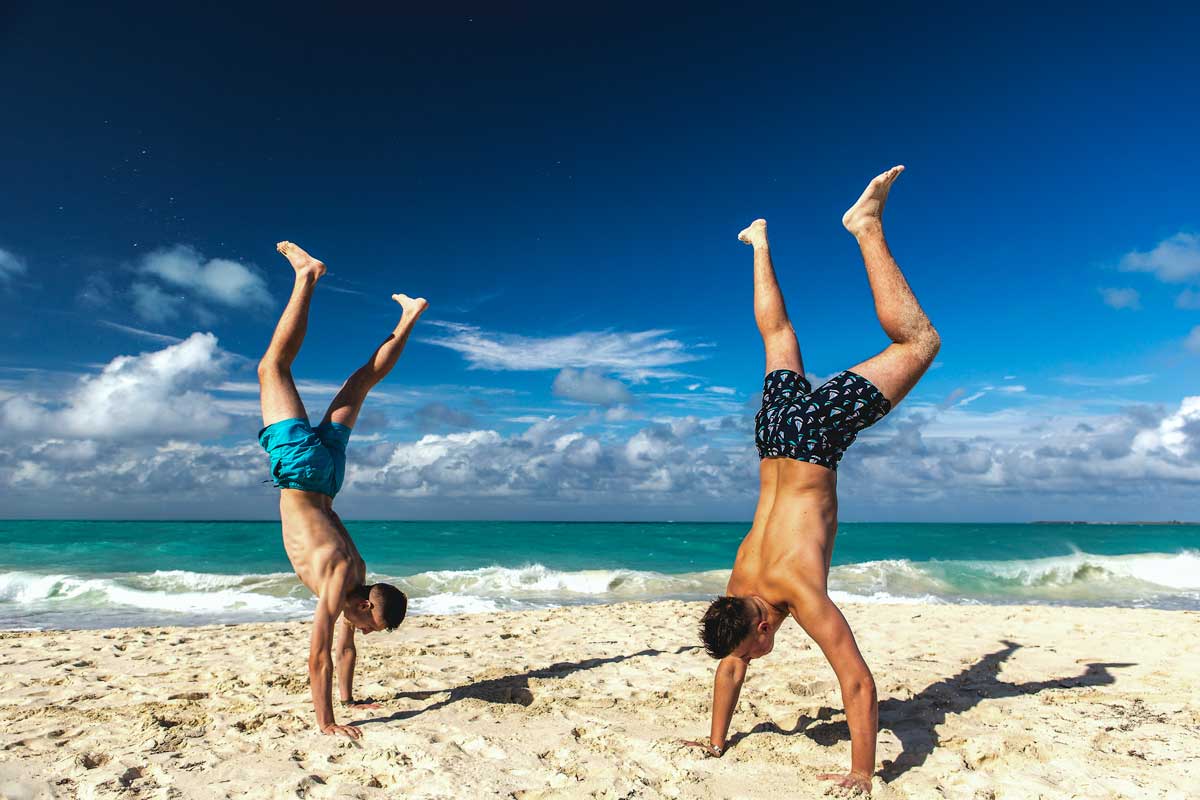Getting Around
Entry to Cuba: Visas & Travel Requirements
Traffic by the Capitol building, Havana
Photo: Shutterstock
Stay updated with the latest travel information for your trip to Cuba!
Share
Embarking on a journey to Cuba? Here's your guide to the latest visa requirements and travel protocols. Whether you're coming from North America, Europe, or elsewhere, we've got you covered.

Cuba visa application form
Photo: Shutterstock
What are the visa and entry requirements to Cuba?
US Citizens
Planning a trip to Cuba as a US citizen? There are special regulations you need to be aware of. While tourism trips to Cuba aren't yet authorized, general licenses have been issued for a variety of travel categories. If you meet the requirements of the general license under which they plan to travel, you won't need to apply for another permit from the OFAC (Office of Foreign Assets Control of the Treasury Department) for your trip.
However, it's important to note that the US Embassy in Havana and the State Department in Washington D.C do not process visa applications for trips to Cuba. If you need to apply for a visa or have any questions regarding your specific case, you should contact the Cuban Embassy in Washington D.C.
And remember, certain activities may not be allowed, so it's best to check with the US embassy for information on organizations or businesses in Cuba that U.S. citizens are not allowed to engage with due to economic sanctions or other legal restrictions.
Canadian Citizens
As a Canadian citizen, you'll need a valid passport for the duration of your stay in Cuba. Make sure your passport's expiration date isn't near to avoid any travel hiccups. Depending on your trip's purpose, you may need different types of visas. If you're traveling as a tourist, you'll need a tourist visa, which can be obtained from tour operators, airlines, or a Cuban government office in Canada.
European Citizens
If you're a European citizen planning to travel to Cuba, remember that visa protocols can vary depending on your country of residence. For most European citizens, a valid passport is required during your stay in Cuba. Some countries, like Spain, require the passport to be valid for at least 6 months.
It's also important to note that if you plan to travel to the United States after visiting Cuba, you'll need a visa. This is because the electronic system for travel authorization (ESTA) is not sufficient for those who have traveled to Cuba before. This visa must be obtained at the Consulate General of the US Embassy in your place of residence.
Given the varying requirements, it's a good idea to contact your tour operator or travel agency to understand the specific visa requirements for your travel.
Latin American Citizens
For Latin American citizens, a valid passport is required during your stay in Cuba. You'll also need to obtain a tourist visa or tourist card for your trip. This can be processed at tourism agencies or airlines, which usually handle its issuance.
The visa is generally issued for about 90 days and can then be extended. It's also important to note that you should have travel insurance with medical coverage.
Visa Costs: What to Expect
Visa costs can vary depending on where it's issued. Generally, prices range between $20 and $80. If you apply online, additional charges may apply, and prices can range from $110 to $150.

Jose Marti International Airport in Havana
Photo: Shutterstock
What items can I bring to Cuba?
When packing for your trip to Cuba, you can bring personal effects, including personal phones and computers, free of charge. The range of objects you can bring to Cuba is quite wide, from musical instruments to televisions. However, some items may be subject to charges depending on Customs regulations.
Some items can be brought into the country without having to pay any import taxes. These include used personal objects, art and literature books, music discs, manufactured pharmaceutical products, and wheelchairs, among others.
However, it's crucial to be aware of prohibited items. While some of these, like explosives, drugs and narcotics, and blood derivatives, may seem obvious, others might surprise you. For instance, literature, articles or objects that are considered obscene, pornographic or that attack the general interests of the nation are also prohibited.
If you attempt to bring into the country articles that are not allowed for import, the General Customs of Cuba can exercise administrative sanctions. This means that Customs can seize those imported articles whose entry is prohibited in Cuba, as well as products that have been entered with a fraudulent declaration.

Travelers on a beach in Varadero
Photo: Unsplash
Health and Vaccinations
Before you embark on your journey to Cuba, it's important to ensure you're up to date with routine vaccines. This includes vaccines against chickenpox, tetanus, influenza, rubella, and polio. In the current climate, being vaccinated against COVID-19 is also essential.
Additionally, consider getting vaccinated against Hepatitis A and Hepatitis B. If your trip to Cuba includes exploring nature or venturing into rural areas away from the city center for activities such as outdoor camping, the rabies vaccine is also recommended. Travelers are also advised to consider the typhus vaccine.
Can I bring my pet to Cuba?
If you're planning to bring your pet to Cuba, there are a few requirements you need to meet. Make sure your pet has the necessary vaccines and an official health certificate. You'll also need to request a travel certificate for your pet from the Consulate or Embassy of Cuba in your country.
Written by Teresita Padrón.
Published July 2023.
Explore Top Destinations in Cuba
The Landscape of Cuba: Topes de Collantes
Enter and Explore Topes de Collantes. Home to amazing waterfalls
Explore Varahicacos Reserve in Varadero
Indulge in the landscape of Cuba at Varahicacos Ecological Reserve,
Trace the Steps of Hemingway Around Havana
Stroll through Cuba’s storied streets with this guide to Ernest
Five of the Most Instagrammable Cafes in Havana
Havana is full of gems to start your morning on
Explore the Glittering Caves of Bellamar
Dive into one of Cuba's most dazzling adventures in the
Find Hidden Oases in Havana’s Parks & Gardens We Love
Explore the lesser-known parks and gardens of Havana and dive
Dance to Your Own Beat at Havana World Music 2022
Havana World Music: Are you ready to break beyond the
Castillo del Morro: A Historical Fortress in Havana
Learn about the History of Cuba in the bay of
Visit the Museo de la Revolución, and Relive the Fight for Cuba
Havana’s Museo de la Revolución offers a thorough look at
Havana’s National Museum of Fine Arts
Your essential guide to one of Cuba’s most fascinating cultural
Categories
Tags
Share
Subscribe to our newsletter
Get more travel inspiration, tips and exclusive offers sent straight to your inbox

 Subscribe to our newsletter for the best monthly stories and insider guides about Cuba!
Subscribe to our newsletter for the best monthly stories and insider guides about Cuba!